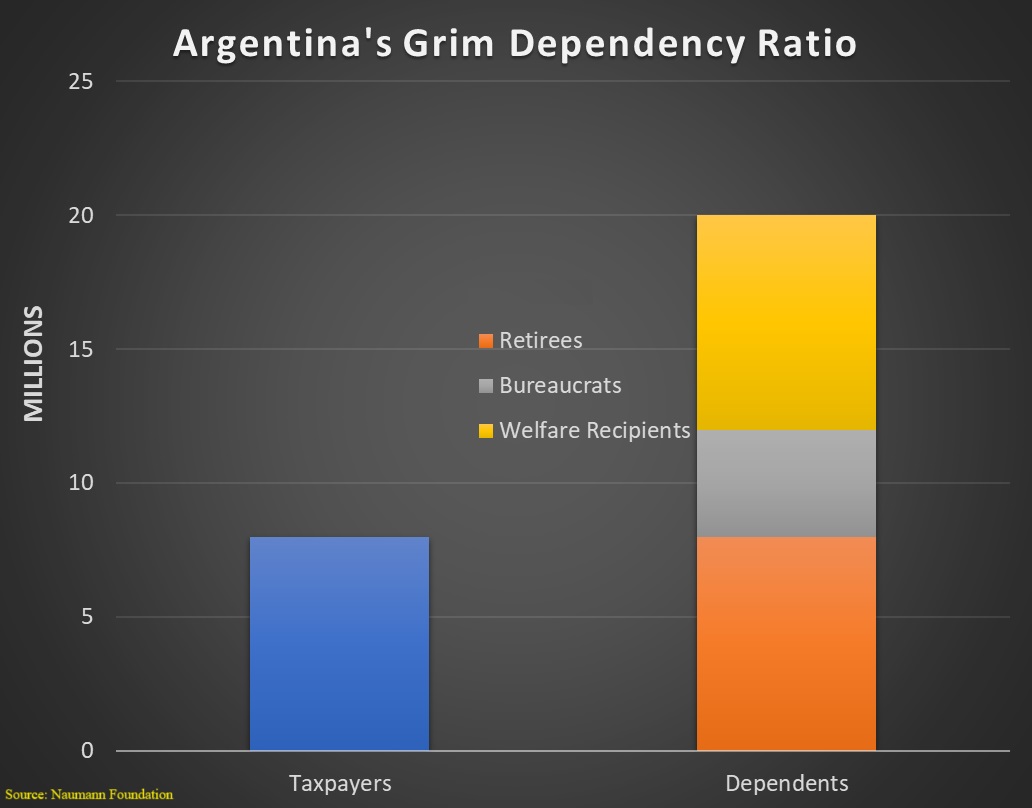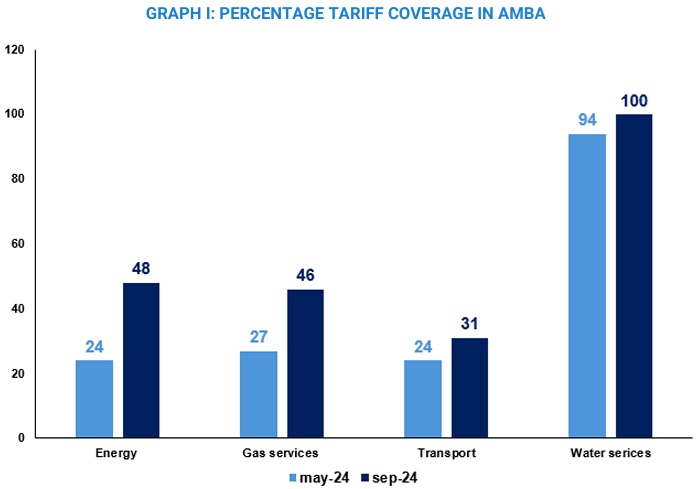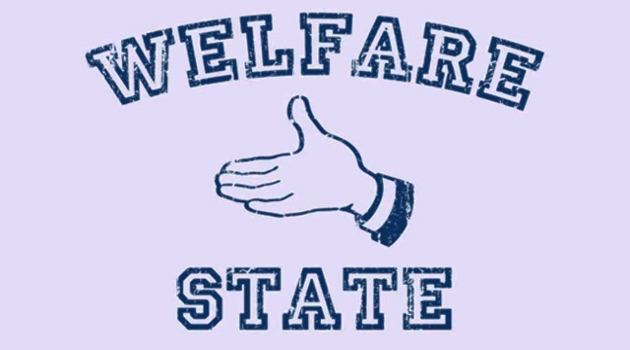Let’s return to our analysis of Argentina’s libertarian President.
- In Part 1 of this series, I showed how Javier Milei has done a great job shrinking the burden of government spending.
- In Part II, I investigated how much he might be able to improve Argentina’s ranking in Economic Freedom of the World.
- In Part III, I shared central government spending data to reveal that Milei has been outstanding rather than merely impressive.
For today’s column, I’m going to pour a bit of cold water on the enthusiasm by pointing out some major obstacles that still exist.
We’ll start with this chart comparing the number of “makers” and “takers” in Argentina. As you can see, there are 8 million private-sector taxpayers in the country and they are expected to support 20 million people who live off of government.

Milei’s performance has been spectacular so far, but his ability to resuscitate Argentina will be limited if he can’t alter that worrisome ratio of more than 2 people riding in the wagon for every 1 person pulling the wagon (as shown in this set of cartoons).
Now let’s look at a second chart to further understand why he faces an uphill climb. These numbers come from an article by Ivan Cachanosky, an Argentinian economist (he’s also the source for the above chart). It shows how much consumers are being subsidized for their purchases of utilities and public transportation.

The good news is that Milei reduced the subsidies earlier this year (the change between may-24 and sep-24).
The bad news is that taxpayers are still paying more than half the cost of energy and gas and more than two-thirds of the cost of transportation.
I don’t know whether Milei has executive authority to further reduce the subsidies or whether he needs approval from the Peronists who control the legislature.
Regardless, there are two reasons why it would not be easy to take away goodies from people (as explained in the Second Theorem of Government).
- Eliminating the subsidies would show up as higher prices, which would weaken the pro-Milei argument that he has conquered inflation.
- Getting rid of subsidies also might cause public protests (the movement that resulted in a leftist president in Chile began as protests against a fare hike for public transport).
In other words, even if Milei has executive power, he probably needs to be judicious in how quickly he tells people that taxpayers no longer will be subsidiizing their purchases of utilities and transportation.
The bottom line is that voters will reward Milei if he produces an economic turnaround. And we know his policies will produce good results. But the open issue is how quickly those positive outcomes materialize. The fate of Argentina hangs in the balance.

